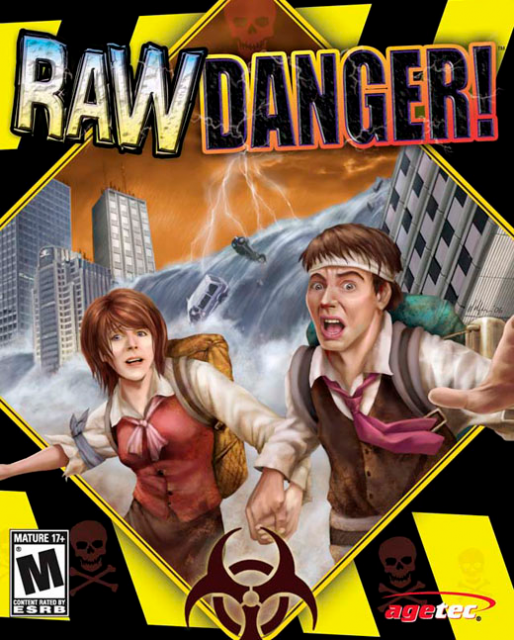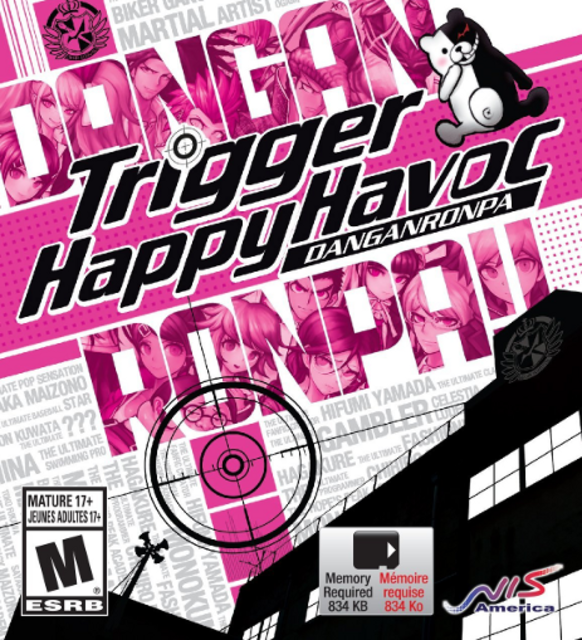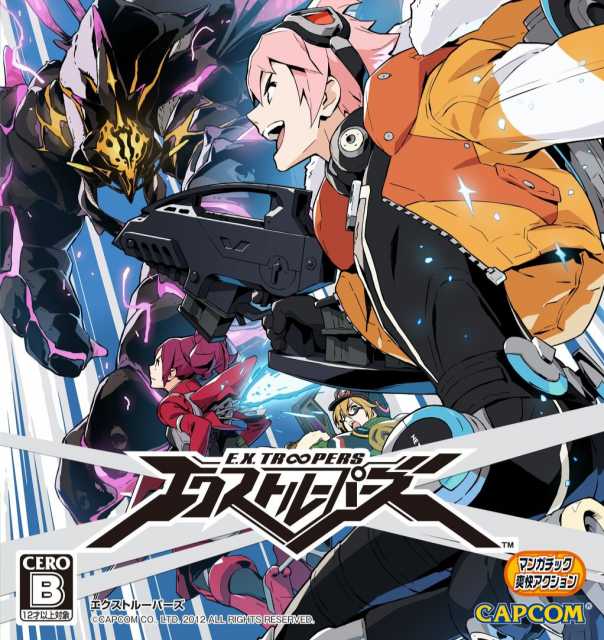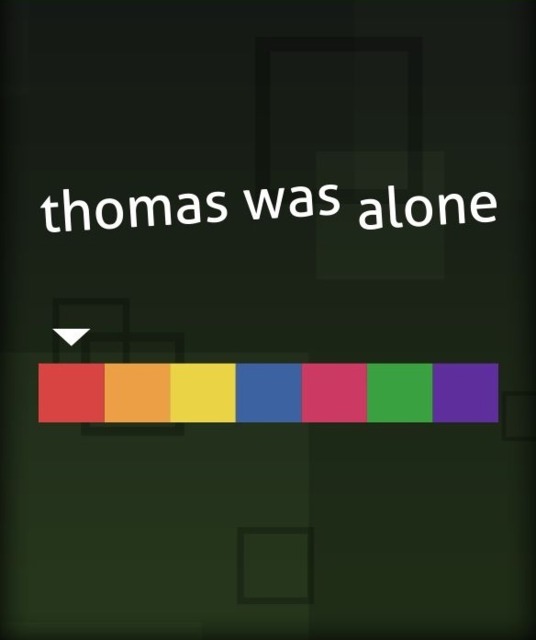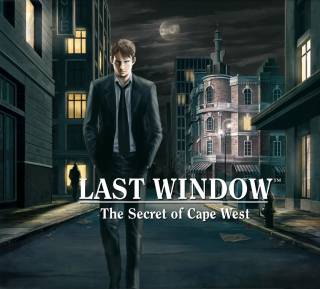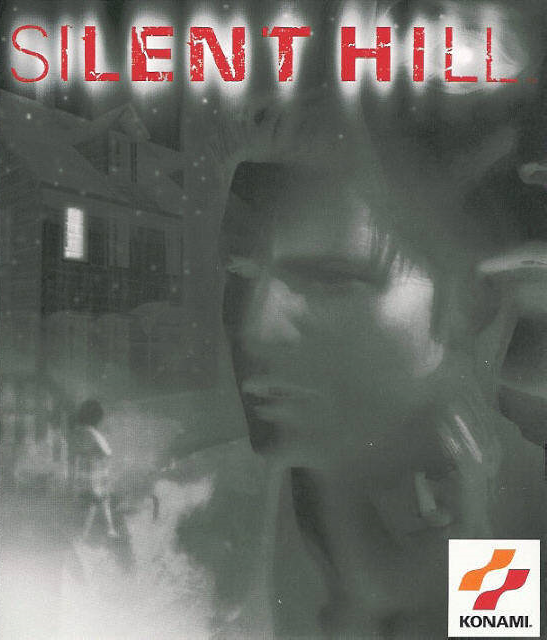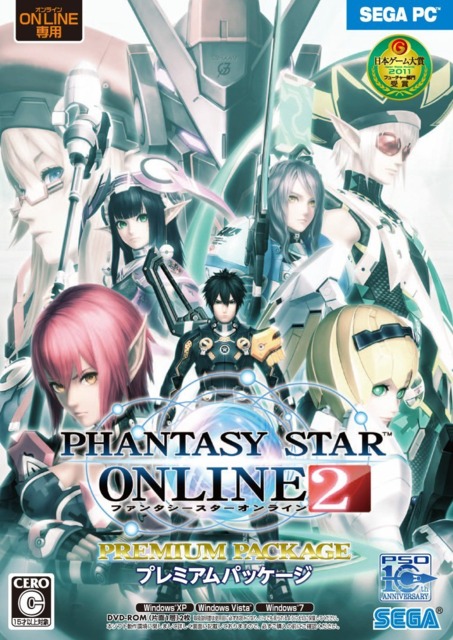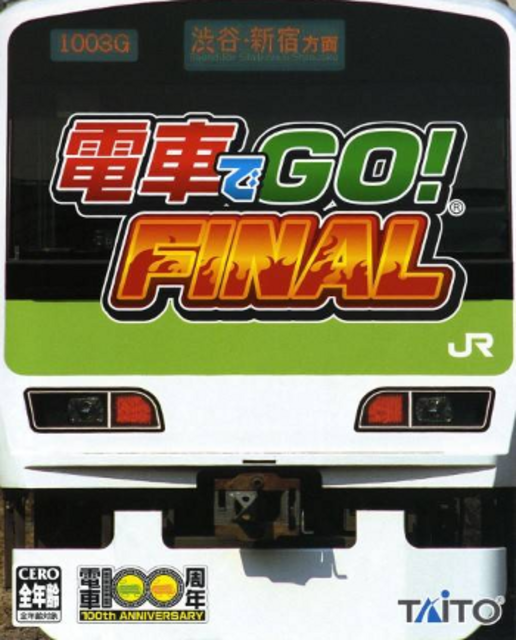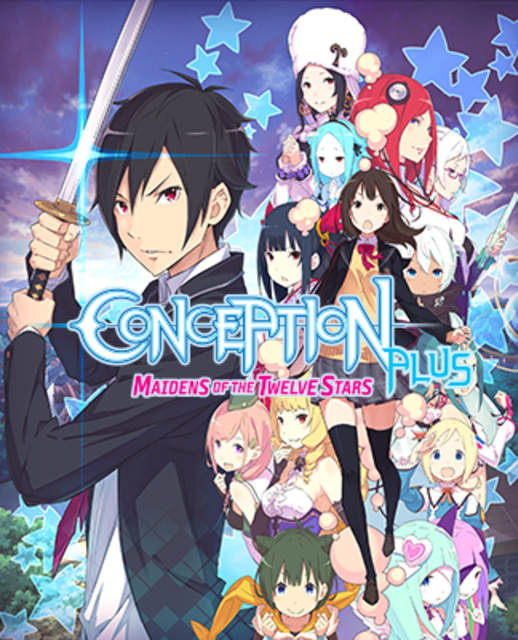Game of the Yesteryear 2013
As someone who by sheer circumstance is rarely able to enjoy games in their zeitgeist-laden prime at launch out of sheer financial necessity, it's hardly uncommon for the bulk of the ones that I do play over the course of a given year to have come out in years past. 2013 has been no different; having graduated university and constantly lacked anything in the way of a stable job beyond the occasional forays into freelance translation, my year in games inherently couldn't be defined by such titans as GTAV, The Last Of Us, and many others. Instead, it was mostly an odd menagerie of games from years gone by that impacted me the most and, in many cases, pleasantly challenged my idea of what could constitute good, worthwhile gameplay experiences.
So profoundly did some of these games manage to impress me in one regard or another that, if I'm being honest with myself, compared to many other lists on here that are bound to focus on games that properly came out this year, this list is the one that best summarizes my 2013. The games on here are admittedly a curious bunch, with some from the recent past, some from distant decades ago, and many not even in English, but they all will nevertheless go on to inform my understanding of games and what all they can be in the coming year and beyond. As I'm stubbornly of the opinion that we cannot fully comprehend the impact of today's games unless we better contextualilze their place by consulting history, this list is therefore as much of a celebration of video gaming's past, as well as a sincere hope that maybe, just maybe at least some of these games are still potent enough by today's standards to inform the creation of future works. While many developers have drawn upon similar sources of inspiration in creating the best contemporary works that the medium has to offer, I'd wager that those nostalgic wells have hardly been sucked dry and that all of these games still have plenty to teach about the philosophies of fun, design, and experience, especially those not readily available in English.
Given the diversity of experiences available on hand here, placement on this list is less about raw quality than it is simply the amount of impact I personally felt while playing these games. On their own, I would argue that each of these games could stand proudly among the best in their respective genres and, indeed, I also feel that they would have likely ended up on proper GOTY lists on the years of their releases had I been able to play them in a more timely fashion. Lasting impressions, then, are what ultimately dictate a game's position on this list, even if it's ultimately a granular distinction between absolutely fantastic for number 1 at the top and pretty god damn great for number 10 at the bottom.
